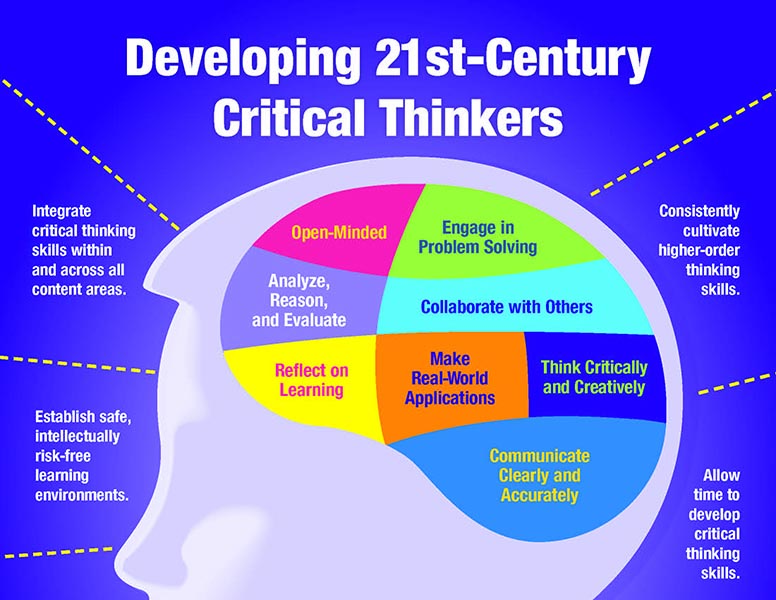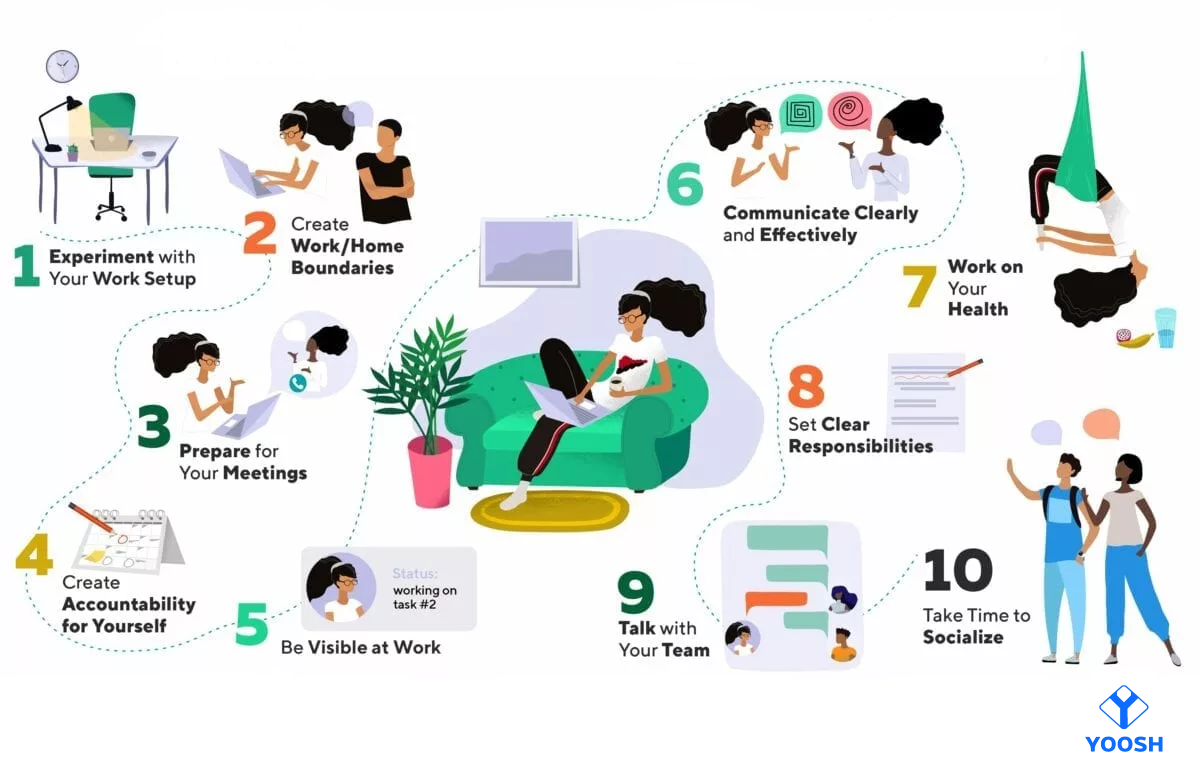
Socialization is an integral part of life, whether you are young or old. It can help build stronger connections, enhance mental wellbeing and reduce stress levels.
However, making socialization a priority can be tough. Here are some strategies for making sure it becomes an integral part of your life.
1. Improves Mental Health
Research is increasingly showing that regular socialization has significant advantages for mental health. Not only may it improve mood and reduce stress levels, but research also points to other potential benefits from regular socializing.

Furthermore, social interaction increases the levels of neurotransmitters such as GABA and serotonin in your brain, helping you relax and de-stress. This suggests that you will be better equipped to handle significant stress.
Promoting healthy socialization habits early in life is essential for children who desire to build healthy relationships later on. Parents should encourage their kids to connect with people outside their family who share similar interests and hobbies, such as sports or hobbies.
2. Reduces Loneliness and Isolation
Social isolation and loneliness have been linked to an array of health complications, such as increased mortality rates, dementia, depression and the potential for elder abuse.

People living alone or with limited social ties are especially susceptible to feelings of loneliness. Studies have demonstrated that belonging to an organized group such as a church, community center or even support group can help combat this feeling of isolation.
Cohousing and mixed-age housing communities are becoming more common, where residents come together for meals, laundry and recreational activities. According to psychologists, these intentional living situations can foster social connections and reduce loneliness.
3. Increases Self-Esteem
A strong social support system can make it easier for individuals to develop positive self-esteem. This is because they know they have loved ones who love and encourage them in their endeavors.

Another advantage of regular socializing is that it strengthens your immune system. Isolation triggers stress hormones which weaken the body’s defenses against infection.
Socializing can lead to a variety of illnesses and health issues. A strong immune system is essential for overall wellbeing, so it makes sense that socializing could help strengthen it!
Patients with low self-esteem often report more negative affect, less positive affect, increased stress levels and greater symptom severity in daily life. A study using Ecological Momentary Assessment (EMA), which gathers appraisals at a momentary rate, revealed that self-esteem predicted these outcomes among individuals suffering from asthma or rheumatoid arthritis.

4. Improves Emotional Intelligence
Emotional intelligence is a skill that can be developed through regular socialization. It involves understanding your own emotions (self-awareness), managing them (self-regulation), and using them for goal attainment (self-motivation).
Children with learning and thinking differences who possess strong emotional intelligence often benefit from having a GPS to guide them through life’s obstacles. It also serves adults by teaching them how to understand their children’s feelings and providing them with empathy.
Emotional intelligence not only increases self-awareness of your emotions, but it can also make it simpler to form meaningful relationships with others. By being able to recognize both your own and other people’s emotions, and knowing how best to manage them appropriately, you’ll be better equipped to foster healthy, lasting connections.
5. Improves Cognitive Function
Social interaction requires a range of cognitive resources, such as working memory (the capacity for recalling information), reasoning and attention. Regular socialization not only helps older adults hone these mental faculties more effectively but it can also improve their memory–especially for those suffering from Alzheimer’s disease or dementia.
This is because it elevates their mood and reduces stress levels, as well as increasing their self-worth and emotional intelligence.
A recent study has demonstrated that having more frequent, pleasant social interactions can benefit cognitive function in older adults, particularly those with dementia. Collecting data from 312 older adults daily for 16 days using smartphones, the researchers discovered that those reporting more frequent social engagements–especially ones with friends–had improved cognitive performance both on the same day and over the following two days.

